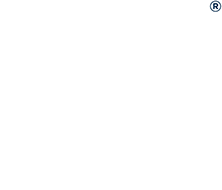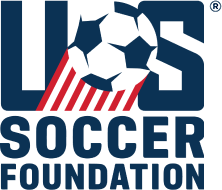
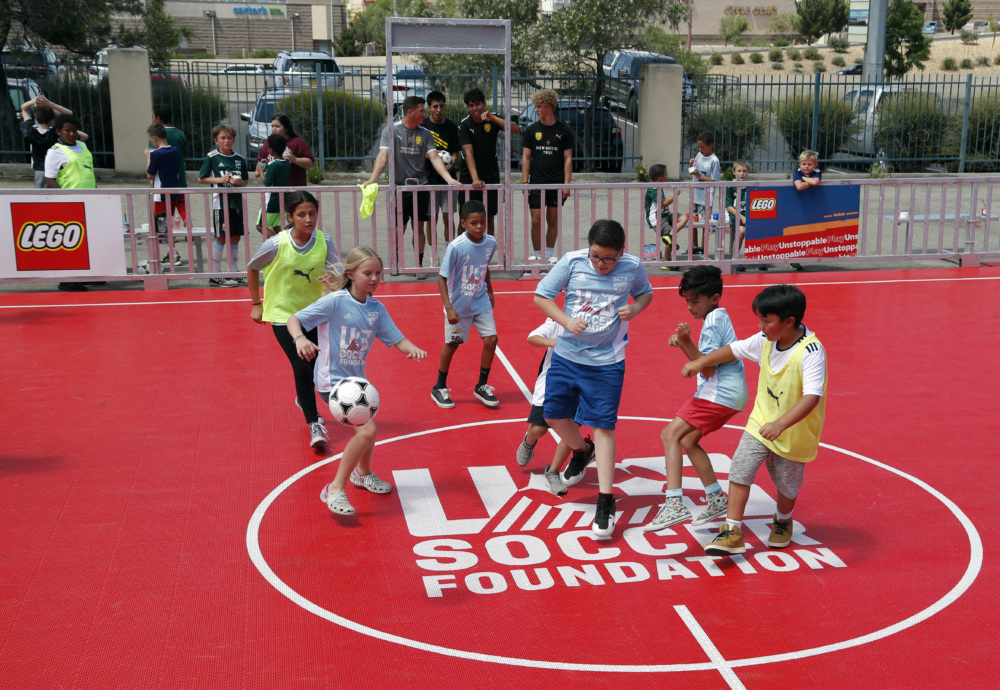
Let soccer do what soccer does.
Together, we can give millions of kids from underserved communities safe places to grow, thrive and build confidence for life.
Tackling Systemic Racism in Soccer
Racism isn’t just an issue on the nightly news. It’s systemic, it’s global, and it’s a problem of which more and more people of all backgrounds are aware and finally confronting, according to an all-star panel of soccer players who spoke at the U.S. Soccer Foundation’s 2020 Virtual National Training plenary Friday.
The trio tackled the issue of systemic racism in the sport of soccer — and in sports and society generally — in a national atmosphere of heightened awareness following centuries of global systemic inequities.
Moderated by ESPN host and commentator Clinton Yates, the three players – Charlie Davies, Crystal Dunn, and Maurice Edu – brought with them to the panel discussion decades of experience at all levels of soccer, including playing time with the U.S. National Teams and professional soccer in the U.S. and internationally.
Dunn, a standout player during the 2019 FIFA Women’s World Cup tournament, joined her male counterparts in identifying obstacles in the United States and international structures that ultimately discourage young girls and boys of color from playing and excelling at soccer. One is the structure of “pay-to-play” fees charged for access to the game. And another is simply having access to playing fields, she said.
Those issues mean that the game in the United States is more accessible for white, middle-to-upper class kids, Dunn said. Until she was in college, few of her teammates or coaches were people of color, she added.
“I would love to change that story,” Dunn said. “It should not be seen as a white sport.”
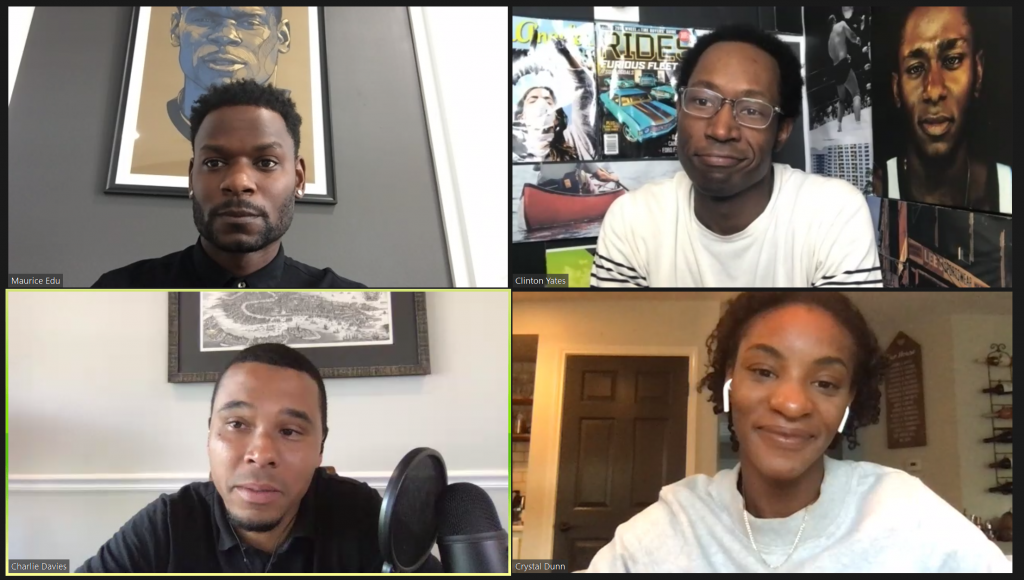
Davies said one big change, one that must happen in the United States and globally, is to have people of color in leadership positions in soccer coaching, in the front-office positions, and in management. Players are usually focused on the competition on the field and not to the pipelines for leadership in the sport. But that’s slowly changing, with Black athletes involved in soccer team ownership.
“We have a long way to go with Black players getting a proper opportunity,” Davies said. “It’s sad and it’s one area where we really need to improve on.”
Davies gave a hat-tip to the U.S. Soccer Foundation for bringing players like him into the spotlight, giving young people of color examples of sports heroes that look like they do.
All three players stressed that racism in sports and in society is not exclusively an American phenomenon.
“Racism is a global thing,” observed Edu, an American player of Nigerian heritage who played professionally in Scotland. He referenced high-visibility controversies in Europe in which Black players have suffered racist taunts at matches. Too often, those incidents are not taken seriously by leadership, including team owners, he said.
But that is changing as more white players stand up for their Black team members and against racism, Edu said.
“It’s a collective effort. That’s how you start to get significant change,” he said. “We have the power to enact change if we are together.”
Dunn echoed the other panelists.
“If we stand together, we can show we are powerful,” she said. “This movement – it’s not just Black people, it’s everyone… Enough is enough. The days of letting things slide are gone.” And that means white teammates and leadership have to confront racism too: “We need our white teammates… It’s everyone getting involved.”
The panel said one of the biggest steps to addressing systemic racism in soccer in the United States is introducing more young people of color to the game. In the United States, Edu and his colleagues noted basketball and American-style football are considered the primary sports for young people. Soccer will be more important for young people as Black soccer players receive some of the adulation received by stars such as LeBron James, Edu said.
(LeBron James’ name popped up several times in the panel discussion, as James isn’t just one of the world’s most visible athletes but is part owner of Liverpool Football Club of the English Premier League.)
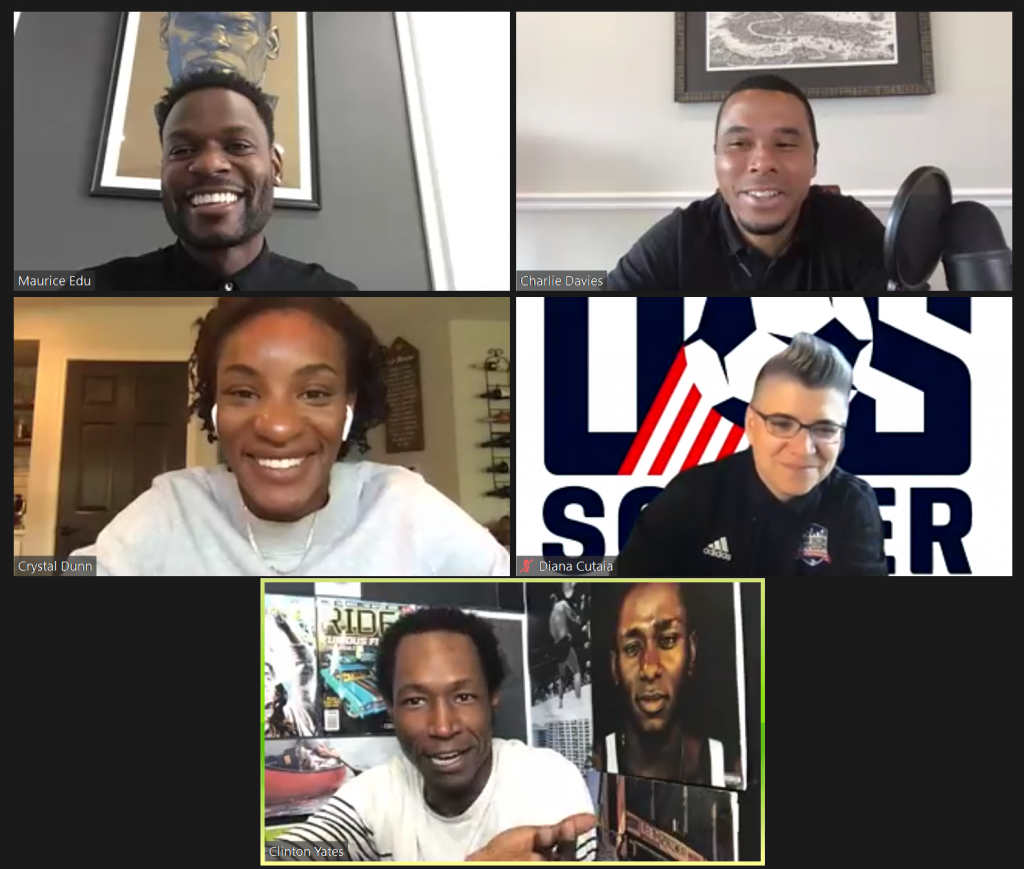
Edu said young people will get on board with soccer when, like him, they experience the simple fun of the game, “the first goal, the first tackle.”
“They need an introduction to it,” Edu said. “One of the biggest challenges we face is just that simple introduction.”
The U.S. Soccer Foundation’s 2020 Virtual National Training continues Saturday. Read about Saturday’s program here.
